
G20 Summit: PM Modi’s Busy Schedule, to Hold 15+ Bilateral Talks
Prime Minister Narendra Modi is set to hold more than 15 bilateral meetings with global leaders during the G20 Summit in New Delhi, sources said.
On Friday, he is expected to meet Pravind Jugnauth, the prime minister of Mauritius, and Bangladesh’s PM Sheikh Hasina. He will also hold a much anticipated bilateral meeting with US President Joe Biden. The meetings with Biden and Hasina are likely to attract particular attention. Bangladesh is headed for polls next year, which is strategically significant for India given its close relationship with Sheikh Hasina. The Opposition there, Bangladesh National Party (BNP), led by Khaleda Zia, is perceived to be unfriendly to India’s interests.
The meeting with president Biden is likely to focus on defence technology, given that US Congress has approved the General Electric-HAL fighter jet engine deal. The project is expected to see significant transfer of technology to India.
“It will be an opportunity to follow up on Prime Minister Modi’s visit to the United States and we will see meaningful process on a number of issues like the GE jet engine issue, the MQ-9 Reapers, on 5G, 6G, on collaboration in critical and emerging technologies and progress also in the civil nuclear area as well. So we will mark all of that progress when the two of them meet tomorrow which shows the breadth of the relationship between our countries,” said US national security adviser Jake Sullivan.
On the 9 September, PM Modi is expected to hold bilateral meetings with the leaders of the UK, Japan, Germany and Italy. This will be British prime minister Rishi Sunak’s first visit to India since he took office in late 2022. Japan’s prime minister Fumio Kishida, Germany’s chancellor Olaf Scholz and Italy’s prime minister Giorgia Meloni have all visited India already this year.
On the 10 September, Modi is expected to hold a working lunch meeting with France’s president Emmanuel Macron, sources have said. Besides this, meetings are planned with Canada, the United Arab Emirates, South Korea, Brazil, Nigeria, Comoros and Türkiye.
- PM Oli Hails Thailand Visit and BIMSTEC Summit Participation as Fruitful and Impactful
- PM Oli Vows to Deepen Nepal-India Relations Following Productive Talks with Indian Counterpart
- Kathmandu Chokes on Toxic Air as Health Concerns Mount
- Myanmar Earthquake Death Toll Surpasses 3,300, UN Calls for Global Support
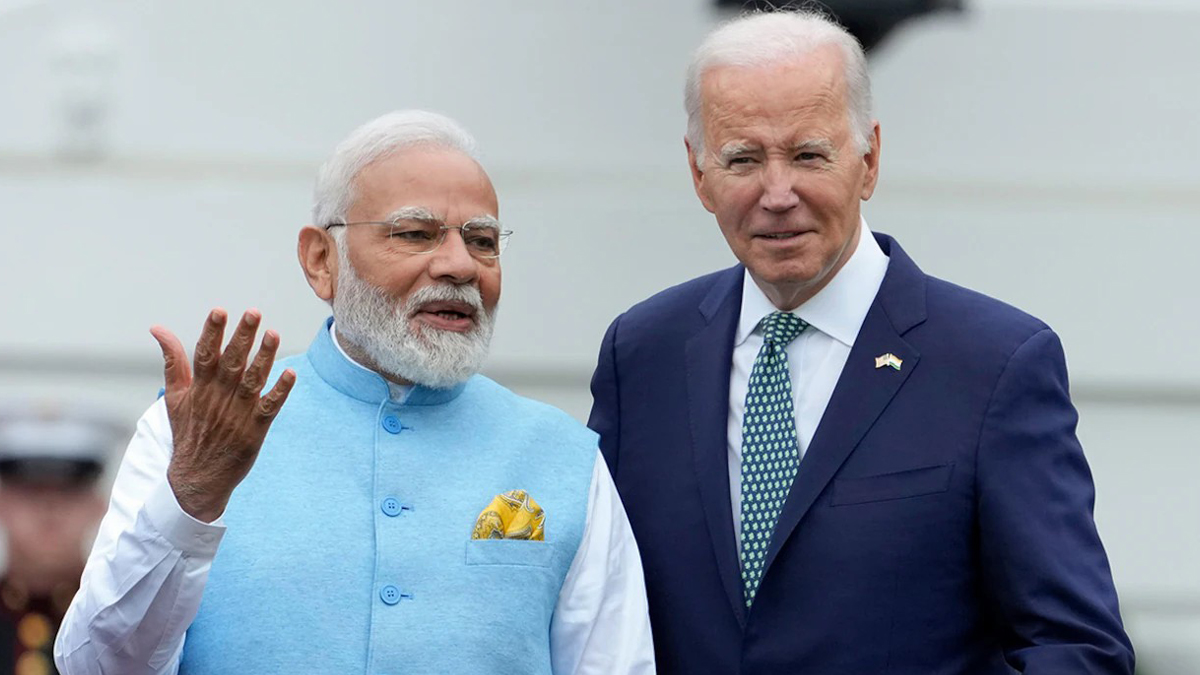
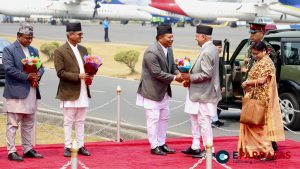
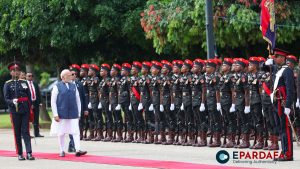


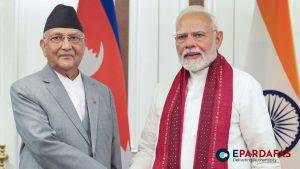
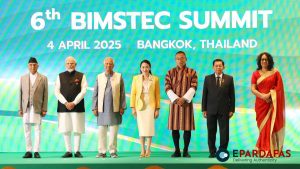



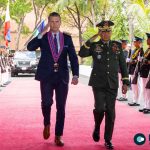
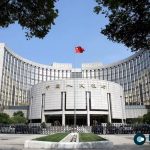

Comments